In Solution-Focused Therapy, the therapist and client collaborate to identify and amplify the client's strengths and resources. Through guided conversations, the therapist helps the client envision a future where their desired outcomes have been achieved. By focusing on small, achievable steps, clients can make progress towards their goals and create lasting change.
How Does Solution-Focused Therapy Work?
Solution-Focused Therapy is a strengths-based, goal-oriented approach that emphasizes finding solutions rather than dwelling on past problems. Developed in the 1980s by Steve de Shazer and Insoo Kim Berg, SFT is grounded in the belief that individuals have the resources and resilience to create positive change in their lives.
Solution-Focused Therapy

Research has shown that Solution-Focused Therapy can be highly effective in treating a wide range of mental health concerns, including depression, anxiety, trauma, relationship issues, and addiction. Studies have demonstrated its efficacy in helping individuals achieve their therapeutic goals in a relatively short period of time.
Who Could Benefit from Solution-Focused Therapy?
Solution-Focused Therapy is beneficial for individuals seeking brief, solution-focused interventions to address specific challenges or goals. It can be particularly helpful for those who feel stuck or overwhelmed by their problems and are looking for a positive, strengths-based approach to therapy.
Whether you're facing relationship difficulties, struggling with anxiety or depression, or simply seeking guidance in navigating life's challenges, Solution-Focused Therapy offers a supportive and empowering framework for creating meaningful change.
If you're ready to take the first step towards a brighter future, I invite you to explore Solution-Focused Therapy and see how it can help you achieve your goals.



